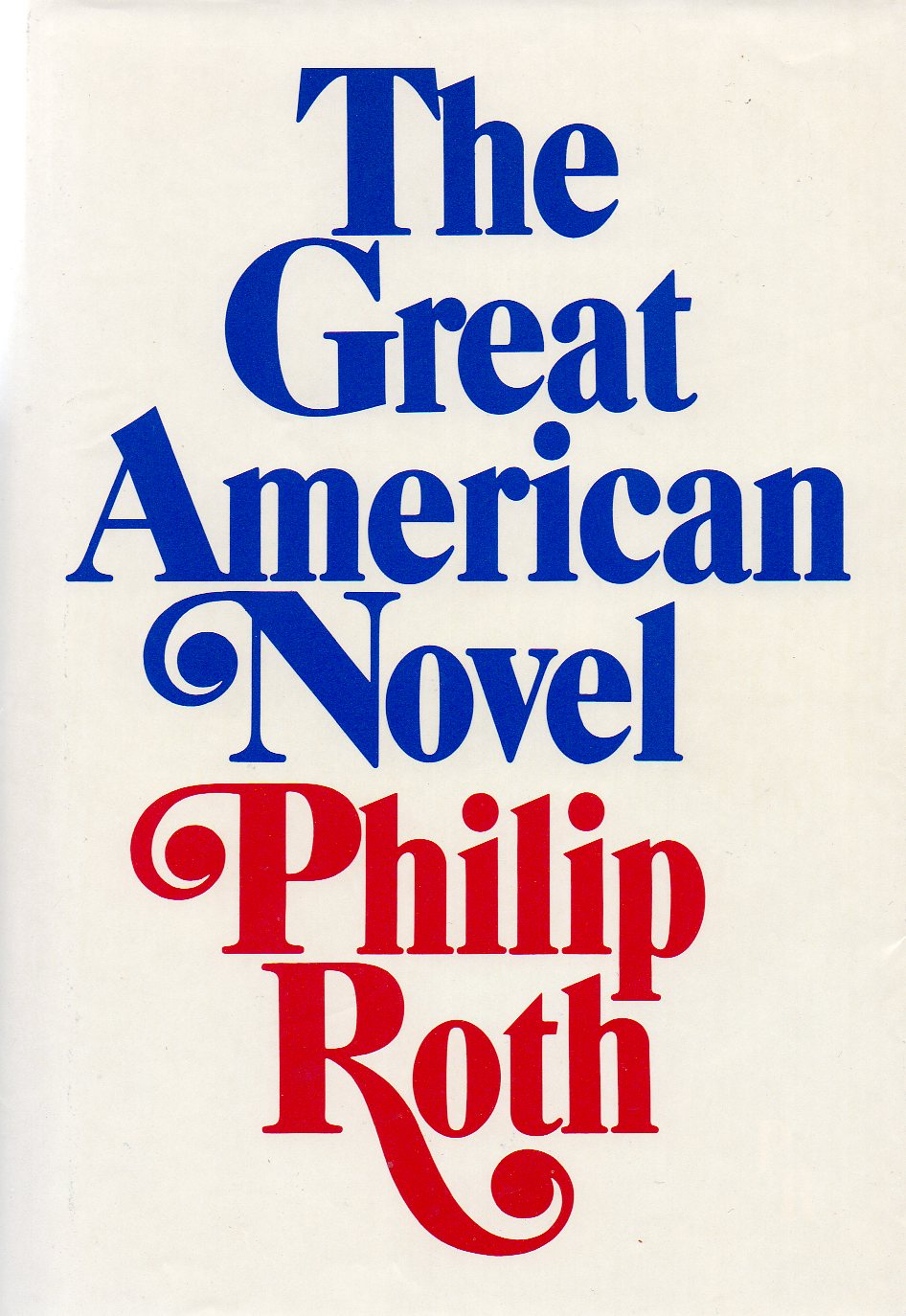Another year passes and the Swedish Academy fails again to recognize an American novelist. It is now obvious that some of America’s most esteemed writers—oddsmakers’ favorites like Joyce Carol Oates, Don DeLillo, and Philip Roth—will never win the Nobel Prize for Literature.
Stockholm’s reasons for ignoring Oates and DeLillo are vague but understandable. Roth presents a different challenge. He is too generative for the Nobel, too profuse. But such a criticism could easily be leveled against Oates, and one could say the same about Nobelists Halldór Laxness and Naguib Mahfouz.
Roth’s real genius has been overlooked. His greatest work is not The Human Stain or American Pastoral, though it is not difficult to understand why critics like these novels. Nor is it Portnoy’s Complaint or Goodbye, Columbus, which now seem quaint. I will confess to a fondness for Sabbath’s Theater and The Plot Against America, which are both extraordinary novels.
Roth’s best work is not little discussed so much as it is not discussed at all. It is a book that most champions of his work would like to see removed from the shelves: The Great American Novel, a comic masterpiece published to little acclaim in 1973.
There is much enjoyment to be had in what are known as a writer’s lesser novels. Eudora Welty’s The Robber Bridegroom or Frank Norris’ Vandover and the Brute are two examples of novels that have been relegated to the critical basement. These works are not inferior to better-known ones. They simply do not fit into the narrow confines of a critical oeuvre.
That’s where The Great American Novel comes in. It is over the top, antic, ribald, a Menippean blast of literary parody. The author obviously enjoys himself in the telling of it, amusing himself with great (almost Portnoyan) pleasure: no joke or pun or broadside is too low to be indulged. There is a cartoonish quality to the jokes. Nothing is left unturned or unprodded, annoying the sober critic.
For example, the narrator’s full name is Word Smith. He writes from his upstate home in the Valhalla Home for the Aged. With his first three words—“Call me Smitty”—the narrator is off on his romp. The other jokes aren’t always so subtle.

The Great American Novel is a history of the Mundys of Port Ruppert, New Jersey, named after the buffoonish Jacob Ruppert, in real life a brewer turned congressman who built Yankee Stadium and owned the Yankees. Roth’s fabulistic team leases its stadium to the Department of War and becomes baseball’s first permanent road team, a flying Dutchman playing all its games desultorily in the stadiums of other teams. Students of baseball history will recognize much in Roth’s capricious humor. Here’s a Babe Ruth character, and there’s Henry Aaron. The references aren’t hard to follow, but the history is ridiculous.
We have Gil Gamesh, the only Sumerian American ever to play in the big leagues. Big John Baal, the first baseman who was “said never to have hit a homer sober in his life.” Kid Heket, “the oldest major leaguer of them all.” These are burlesque figures, but they are fine ones.
The book defines baseball as a metaphor for life, with all the triteness inherent in that worn-out metaphor. “Whoever wants to know the heart and mind of America had better learn baseball,” said Jacques Barzun, who himself didn’t know the heart and mind of America. Baseball is a hack’s metaphor for life, for America. It is a crude world devised by newspaper wretches who halfheartedly formulate mawkish scenes that bear no resemblance to the cruel world.
The Great American Novel is not really a book about novels, or even about baseball. It is a book about newspapers, or more properly about the Weltanschauung of the American newspaper: sensational, sentimental, shambolic, bombastic, Barnumian, indifferent to suffering that does not elevate circulation.
“I’m sorry to say that the fun of all this wears a little thin before the book is over,” wrote Thomas Edwards in his 1973 review of the book for the New York Times. “Roth’s talent for the cruel and shameless comic extravaganza gives us marvelously raunchy vignettes of the sporting life, certainly, and he gleefully exploits our readiness to let baseball stand for America itself.”
Critics can weary, but the author’s delight remains. A serious person will dismiss this work because it lacks gravitas, but a serious person would be missing the point. It would be like dismissing the second part of Goethe’s Faust because it lacks humor.
The Swedish Academy should be better versed in baseball.